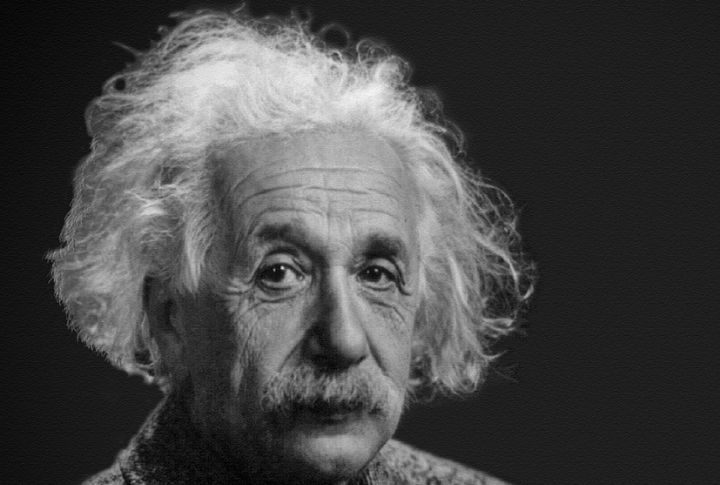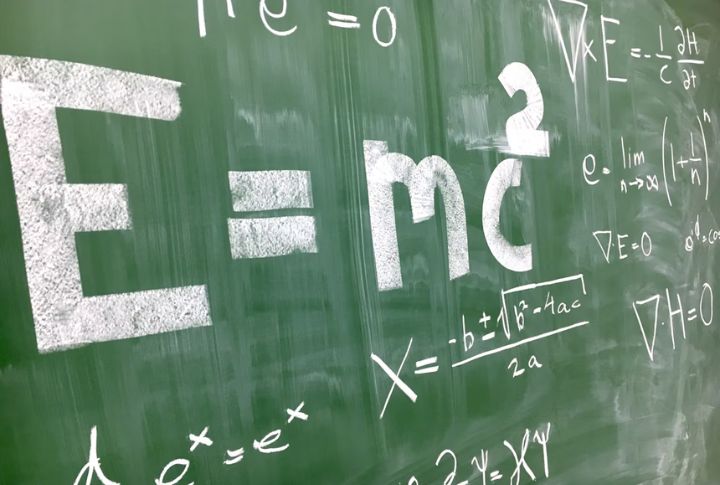
We plan our lives around clocks, mark every birthday, and measure every second like it’s solid. But what if time isn’t as stable as it seems? Across science and experience, cracks begin to show. Some moments stretch. Others vanish. And what we call “now” may not even be real. This list uncovers strange clues that point to something unsettling and fascinating—time might not work the way we’ve always believed.
The Past Still Exists

Einstein’s theory of relativity reveals that time is not a linear progression of events. Instead, past, present, and future coexist as a whole within spacetime. As a result, every moment is preserved, meaning the past remains present, never truly leaving us behind.
“Now” Is A Brain Trick

Your brain processes each moment with a slight delay, meaning that the “now” you experience has already passed; what we perceive as the present is an experience in the past. The universe itself has no universal definition of “now” in its fabric of time.
Clocks Track Motion, Not Time

When you look at a clock, you’re not seeing time itself but rather the movement of hands or the ticking of a pendulum. Time, as we experience it, is simply our way of interpreting these changes. In the absence of motion, time would be meaningless.
Time Ticks Faster At High Altitudes

Mountain tops run ahead of valleys, with time moving faster at higher altitudes. This phenomenon, explained by general relativity, shows how gravity weakens as you rise. As a result, time speeds up the higher you go. Interestingly, your head ages faster than your toes due to this shift in time’s passage at different elevations.
Black Holes Freeze Time

When you approach a black hole, time behaves strangely. As you near the event horizon, time seems to stop entirely from an external viewpoint. The gravitational pull is so immense that it stretches time to the point where light and matter can no longer escape.
Time Can Stretch And Shrink

Time isn’t fixed—it stretches and shrinks depending on speed. Special relativity shows that as your speed increases, time slows down for you compared to someone who isn’t moving. For example, astronauts aboard fast-moving spacecraft age slightly slower than those on Earth, proving time’s passage depends on your frame of motion.
Physics Allows Reverse Time

Physics doesn’t enforce a one-way direction for time. Many equations in physics can function whether time runs forward or backward, suggesting time’s direction is not set in stone. In fact, some particles have been observed moving as if time were running in reverse.
Dreams Defy Time

In dreams, time becomes irrelevant. What feels like hours of action in a dream may only take minutes in real life. While we sleep, our brains suspend the rules of time, which makes dreams an experience outside the usual flow of seconds and minutes.
You Miss Time Every Day

You experience less time than you realize. Your brain skips over moments through blinks or attention shifts, meaning parts of the world are lost to you in real-time. On average, you miss around 40 minutes of visual time each day without even noticing.
The Universe Works Without Time

Some scientific theories suggest that time is not essential for the universe to exist. Before the Big Bang, time may not have existed at all. In these models, the universe functions just as it should, even without time as a foundational element of existence.

